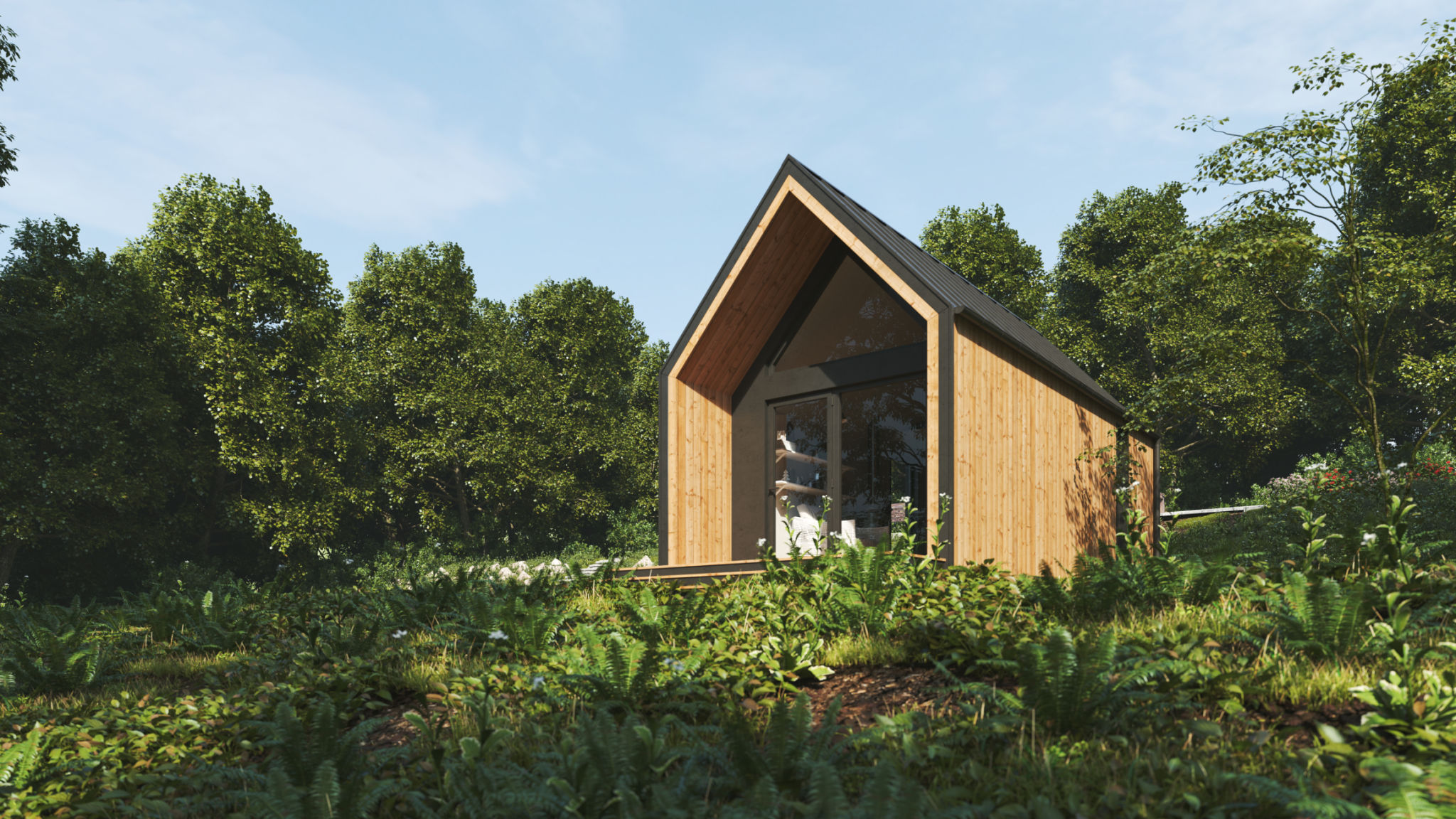Building Regulations and Requirements for Residential Plots in Curaçao
RN
Understanding Building Regulations in Curaçao
Building a home on the beautiful island of Curaçao can be an exciting endeavor. However, to ensure a smooth process and avoid any legal pitfalls, it's crucial to understand the building regulations and requirements for residential plots. These regulations are designed to ensure safety, sustainability, and harmony within communities.
The primary governing body for building regulations in Curaçao is the Department of Urban Planning and Public Housing (DROV). This department oversees the adherence to building codes, zoning laws, and environmental guidelines. Before starting any construction, it's essential to familiarize yourself with their requirements.

Obtaining Building Permits
One of the first steps in the building process is obtaining the necessary permits. A building permit is mandatory for any new construction, renovation, or demolition project. The permit ensures that your project complies with the local building codes and safety standards.
To apply for a building permit, you will need to submit detailed plans of your proposed construction. These plans should include architectural drawings, structural calculations, and any other relevant documents. It's advisable to work with a local architect familiar with Curaçao’s regulations to streamline the application process.
Zoning and Land Use Regulations
Zoning laws in Curaçao determine how land in specific areas can be used. These laws are crucial in maintaining the island's aesthetic and environmental balance. Residential plots may have restrictions on the height of buildings, the percentage of land that can be built upon, and the types of structures allowed.
Before purchasing a plot or starting construction, verify the zoning classification of the land. This information can usually be obtained from the local municipality or through DROV. Understanding these regulations will help you avoid any legal issues during your building process.
Environmental Considerations
Curaçao places a strong emphasis on environmental sustainability. Building projects must consider the impact on local ecosystems, including water resources, soil stability, and native flora and fauna. Regulations may require developers to implement measures that minimize environmental disruption.
Common requirements include preserving green spaces, managing stormwater runoff, and using eco-friendly materials and building practices. Compliance with these regulations not only protects the environment but also enhances the market value of your property.

Community and Infrastructure Requirements
Another critical aspect of building regulations involves community integration and infrastructure. Residential developments should harmonize with existing neighborhoods and infrastructure. This includes considerations for road access, water supply, electricity, and waste management systems.
Engaging with community representatives and local authorities during the planning phase can provide valuable insights and help foster good relationships with future neighbors. Addressing infrastructure needs early on can prevent costly adjustments later.
Conclusion
Navigating building regulations in Curaçao requires careful planning and adherence to local laws. By understanding permit requirements, zoning regulations, environmental considerations, and community needs, homeowners can ensure their projects are compliant and successful.
Whether you're planning a cozy bungalow or a spacious villa, investing time in understanding these regulations will pay off in the long run. It ensures not only the legality but also the sustainability and integration of your dream home into Curaçao's vibrant landscape.
